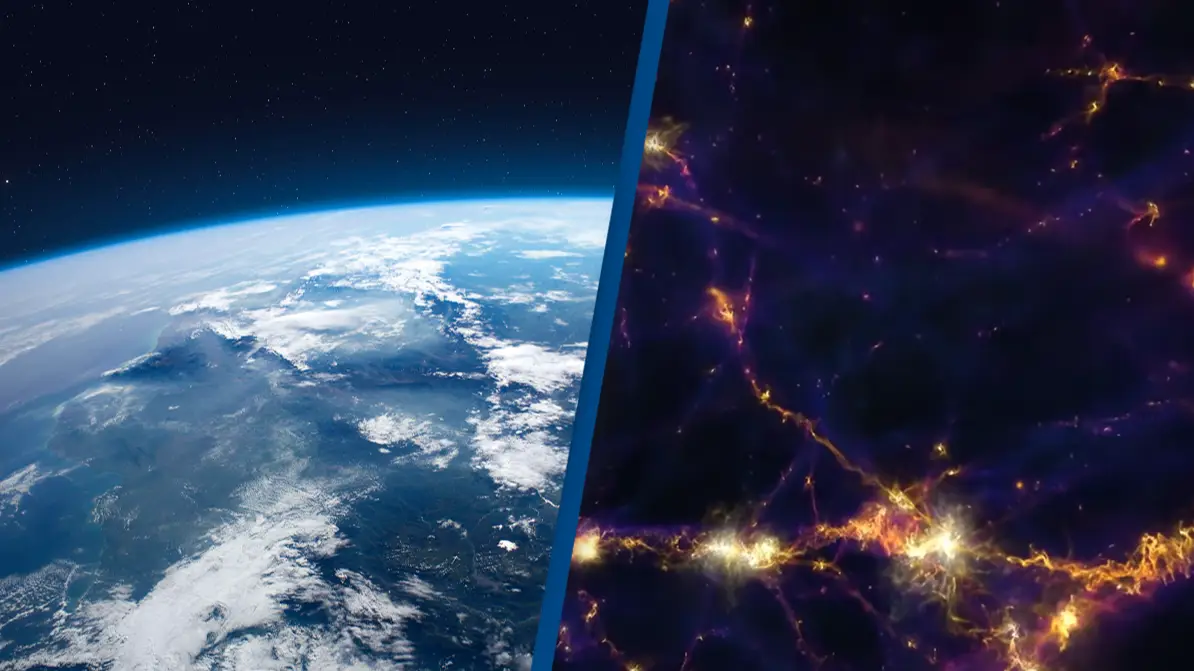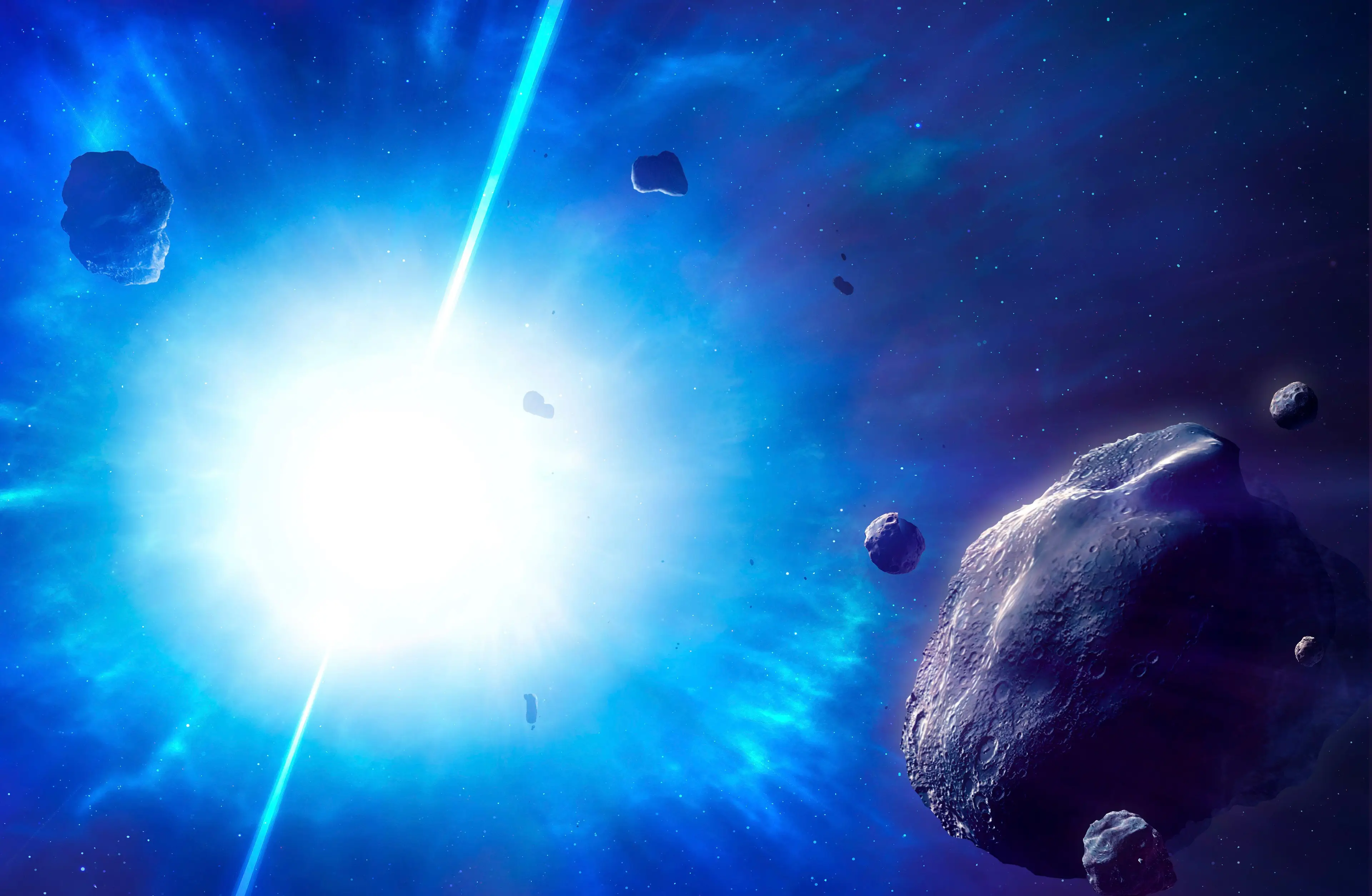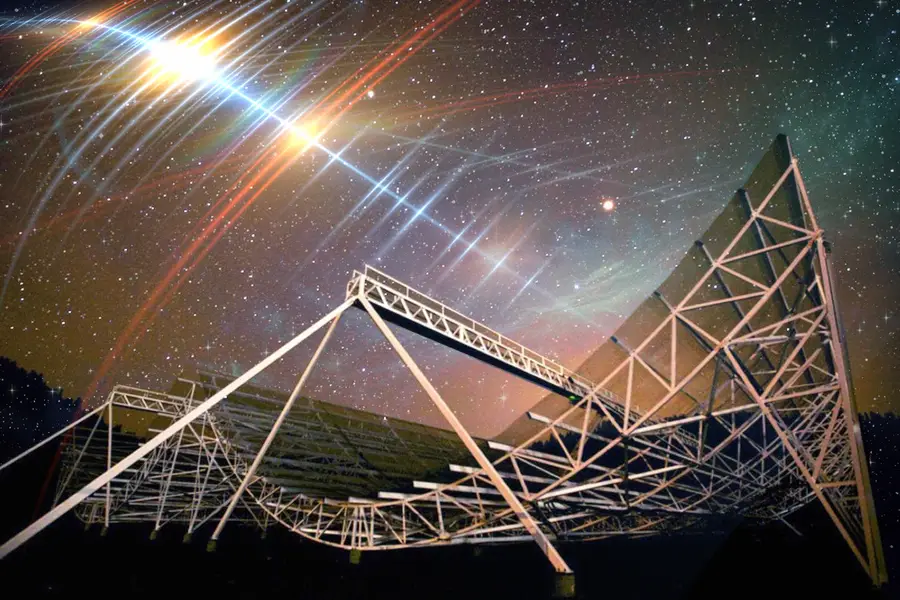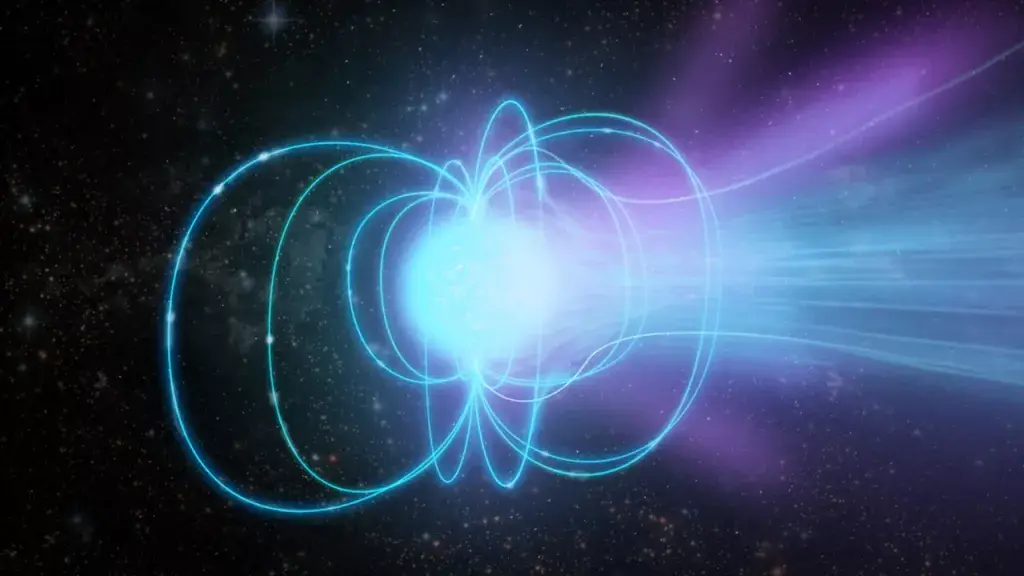
Scientists have discovered a ‘heartbeat’ signal from a distant galaxy.
The unusual and repetitive signal is a blast of flashing radio energy which presents itself in a pattern which has been compared to a heartbeat.
Scientists have reported the findings in the Nature journal by the Chime/FRB Collaboration and MIT researchers, and wrote that the signal is a fast radio burst (FRB) which comes from deep within space.
At up to three seconds long, these ‘heartbeat’ signals, though, are not as fast as the usual FRBs which last just milliseconds, usually. The bursts of energy also repeat every 0.2 seconds.
Advert

Daniele Michilli, a postdoctoral researcher at the Massachusetts Institute of Technology (MIT) Kavli Institute for Astrophysics and Space Research, said of the bursts: “There are not many things in the universe that emit strictly periodic signals.
“Examples that we know of in our own galaxy are radio pulsars and magnetars, which rotate and produce a beamed emission similar to a lighthouse.
“And we think this new signal could be a magnetar or pulsar on steroids,” Michilli said.
Having been dubbed ‘FRB 20191221A’, the signal is currently the longest-lasting FRB with the clearest periodic pattern found so far.

The source is believed to be from a distant galaxy several billion light-years from planet Earth. However, the exact source is still unknown, but astronomers think the signal could be emitted from either a radio pulsar or a magnetar - which are types of neutron stars.
These star types are extremely dense, rapidly spinning collapsed cores of giant stars. However, experts are still fully unaware of the full extent of such bursts.
Scientists are still hoping to discover more periodic signals from the same source, which could then be used as an astrophysical clock.

For example, the frequency of the radio bursts combined with how they change as the source moves away from Earth could then be used to measure the rate at which the universe is expanding.
Previously, in 2019, the Canadian Hydrogen Intensity Mapping Experiment (Chime) tapped into a signal of a potential FRB, which straightaway garnered the attention of Michilli, who scanned the new data.
He said at the time: “It was unusual. Not only was it very long, lasting about three seconds, but there were periodic peaks that were remarkably precise, emitting every fraction of a second - boom, boom, boom - like a heartbeat.
“This is the first time the signal itself is periodic,” he concluded.
If you have a story you want to tell, send it to UNILAD via [email protected]
Topics: Science, Space, Technology
